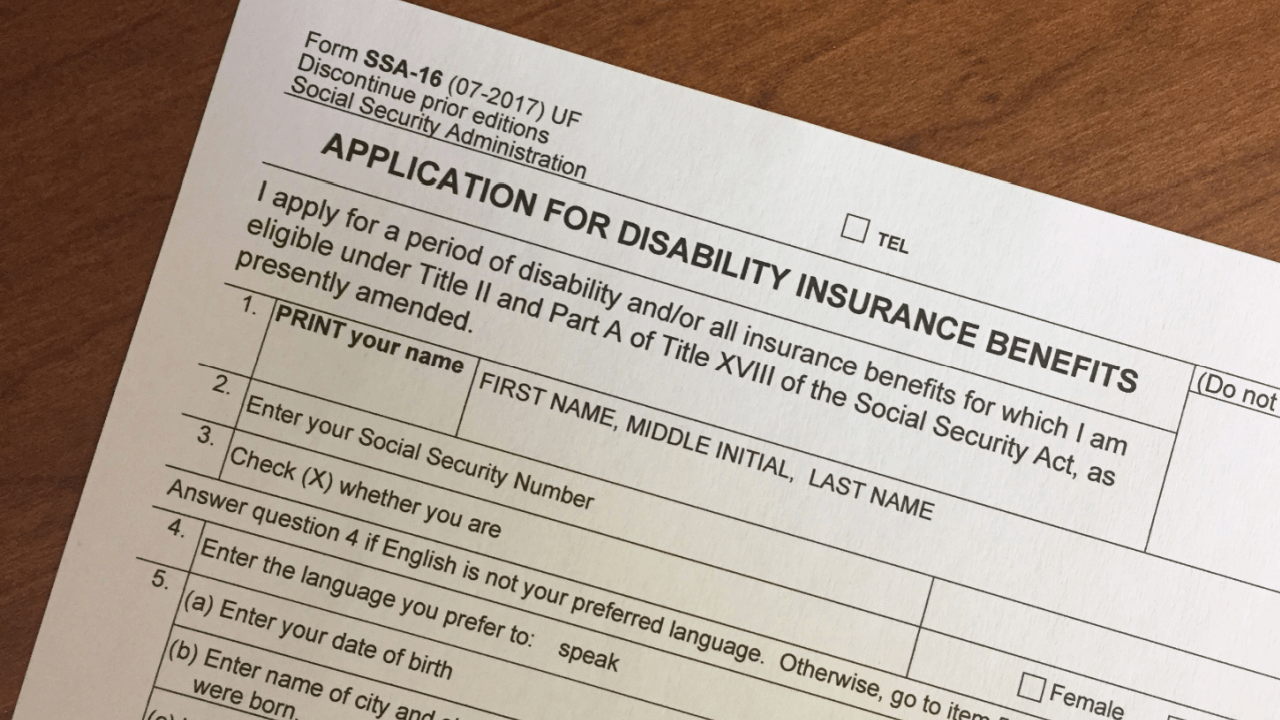
How to Get $3000 a Month from Social Security
Essential Requirements: How to Get $3000 a Month from Social Security
Getting $3000 a month from Social Security requires strategic planning and understanding the system’s requirements. Reaching this benefit level depends on factors such as timing, work history, and lifetime earnings, and may vary significantly by individual.
This guide explains general factors that affect Social Security benefit amounts, including how earnings history and claiming age can influence monthly payments.
Maximum Benefits: Understanding Social Security Payment Limits
Social Security benefits are calculated based on your highest 35 years of earnings, adjusted for inflation. For 2025, the maximum monthly benefit at full retirement age is $3,822. This means some workers with long-term, higher earnings histories may receive benefit amounts in this range.
To qualify for higher Social Security payments, you must earn at least the Social Security wage base limit each year. In 2025, this limit is $168,600. Workers who consistently earn at or above this amount throughout their careers have the best chance of receiving $3000 monthly benefits.
Your Primary Insurance Amount (PIA) determines your benefit level. The Social Security Administration calculates this using a complex formula that weighs your highest earning years more heavily. The Internal Revenue Service (IRS) tracks your reported earnings, which directly feed into Social Security’s benefit calculations.
Strategic Timing: When to Claim Your Benefits
The timing of when you claim Social Security dramatically affects how much you receive monthly. Full retirement age varies by birth year, typically between 66 and 67 years old.
Early Claiming (Age 62):
- Benefits reduced by 25-30%
- Permanent reduction that continues for life
- Makes reaching $3000 monthly much more difficult
Full Retirement Age:
- 100% of your calculated benefit amount
- Best baseline for determining if you can achieve $3000 monthly
Delayed Retirement (Age 70):
- Benefits increase by 8% each year after full retirement age
- Maximum increase stops at age 70
- Can boost monthly payments by 24-32%
If a worker’s full retirement age benefit is lower, delaying benefits may increase monthly payments, though the final amount depends on individual earnings and claiming factors.
Career Optimization: Maximizing Your Work Record
Your work history directly impacts how to get $3000 a month from Social Security. The system requires 40 quarters (10 years) of work to qualify for retirement benefits, but higher earnings over 35 years determine your benefit amount.
Focus on these career strategies to boost your future Social Security income:
Salary Maximization:
- Negotiate raises and promotions regularly
- Consider job changes for higher compensation
- Pursue additional education or certifications
Side Income Reporting:
- Report all freelance and contract work
- Ensure employers properly report your earnings
- Consider self-employment opportunities
Gap Year Strategies:
- Avoid extended periods without earning income
- Part-time work counts toward your benefit calculation
- Even modest earnings help maintain your 35-year average
Final Steps: Planning for Your Social Security Benefits
Receiving higher monthly Social Security benefits is influenced by earnings history, work duration, and claiming decisions over time. Start by creating a my Social Security account at SSA.gov to track your earnings history and estimated benefits.
Review your Social Security statement annually to ensure all earnings are properly recorded. Contact the Social Security Administration immediately if you notice any discrepancies in your work history or reported wages.
Consider working with a financial advisor who specializes in Social Security optimization. They can help you develop a personalized strategy for maximizing your benefits based on your specific situation and retirement goals.
Take Action Now: Start Planning Your Social Security Strategy
Don’t wait until retirement to think about how to get $3000 a month from Social Security. The earlier you start planning, the more options you’ll have to maximize your benefits. Visit our website at social security disability to access expert resources and tools that can help you review your current earnings trajectory and review general information about your earnings history and explore how different claiming choices may affect your future benefits.
Frequently Asked Questions
1. What salary do I need to get $3000 from Social Security?
Monthly benefit amounts are based on lifetime earnings and claiming age; higher long-term earnings may result in higher benefits, but amounts vary by individual.
2. Can I get $3000 from Social Security if I retire early?
Early retirement at 62 reduces benefits by 25-30%, making it very difficult to achieve $3000 monthly. You’d need exceptionally high lifetime earnings to reach this amount with early claiming.
3. How do I check if I'm on track for $3000 monthly?
Create my Social Security account at SSA.gov to view your earnings history and benefit estimates. This tool shows projected monthly benefits at different claiming ages.
4. Does working past full retirement age help me reach $3000?
Yes, working past full retirement age can increase your benefits in two ways: delayed retirement credits (8% annually until age 70) and potentially replacing lower-earning years in your calculation.
5. What if I haven't worked for 35 years?
If you have fewer than 35 years of earnings, Social Security uses zeros for the missing years, which lowers your benefit amount. Working additional years can replace these zeros and increase your monthly payment.
Key Takeaways
- Strategic Planning: Achieving $3000 monthly requires consistent high earnings over 35 years and optimal claiming timing
- Salary Focus: Earn at or near the Social Security wage base limit throughout your career for maximum benefits
- Timing Matters: Delaying benefits until age 70 can increase payments by 24-32% compared to full retirement age
- Track Progress: Monitor your Social Security statement annually and correct any errors in your earnings record
- Professional Help: Consider consulting with a Social Security specialist to optimize your claiming strategy


